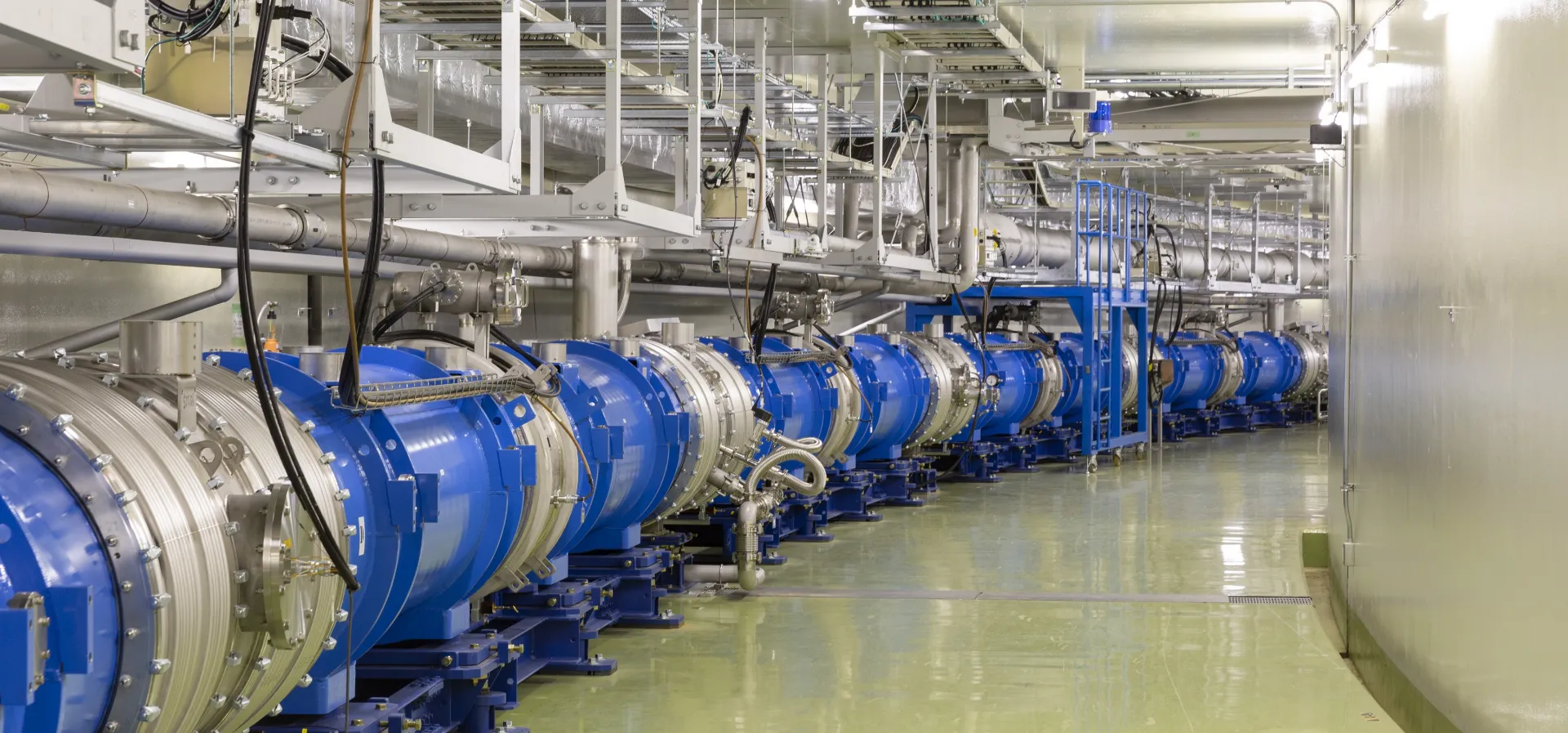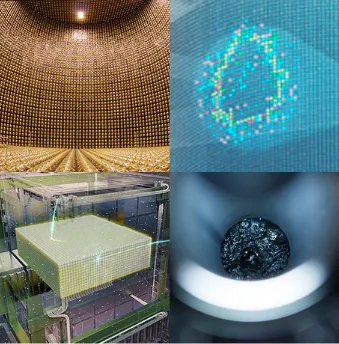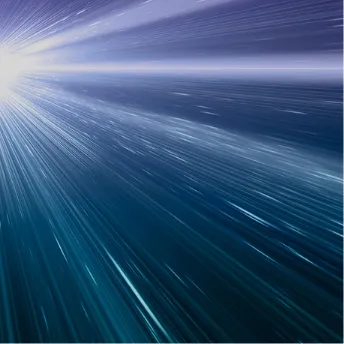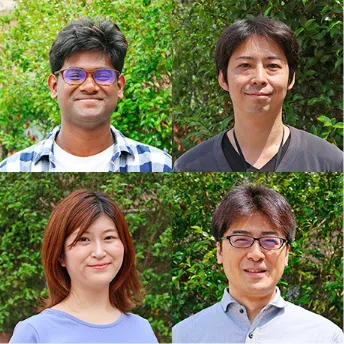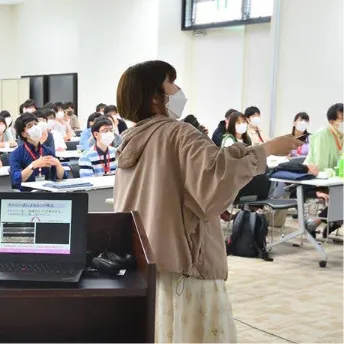The KEK/J-PARC neutrino group is elucidating the origin of the neutrino massand related phenomena by conducting neutrino oscillation experiments.
NewsMore
-
We welcomed Piotr Podlaski and Akira Hasegawa as new members of the Neutrino Group. We have also updated the web page to the latest version for the new fiscal year.
-
In January, we welcomed Yota Hino as a new member of the Neutrino Group.
-
Neutrino group webpage has been updated.
-
There has been beam operation. Stable operation with a record-high beam power of 800 kW was successfully achieved. Moreover, the upgraded T2K near neutrino detector successfully measured neutrino interactions.
-
There was a Ph.D thesis presentation event at SOKENDAI. From the Neutrino Group, Jakkapu presented his research. Jakkapu successfully passed the examination and was awarded a Ph.D degree.
About us
The KEK/J-PARC neutrino group is conducting studies of neutrino physics. An intense muon neutrino beam is artificially generated at J-PARC. The muon neutrinos travel over 295km to the far detector, Super-Kamiokande (SK). We study neutrino oscillation (the transition between different kinds of neutrinos) which occur in flight by measuring neutrino interactions in both near and far detectors. We aim to elucidate mysteries such as why our universe is filled primarily with matter (little anti-matter), and why neutrinos have a tiny mass compared to other elementary particles. Furthermore, utilizing neutrinos produced by a different method at J-PARC, we are exploring oscillation phenomena related to sterile neutrinos that cannot be described by the current Standard Model. The KEK/J-PARC neutrino group accepts graduate students from SOKENDAI (The Graduate University for Advanced Studies), JSPS Postdoctoral Fellowships for Research in Japan, etc.
